The European Union's decision to levy additional tariffs on Chinese-made electric vehicles could be counterproductive, as it puts the bloc's decarbonization goals at risk, experts said.
Stephen Perry, honorary president of the 48 Group Club, a London-based nonprofit organization dedicated to promoting Sino-British trade cooperation, said the tariffs could slow down the EU's transition from petrol cars to electric vehicles.
"It is a good time for European carmakers to make the transition. They are not prepared for this. China will enter joint ventures in Europe if the approach of the EU is friendly. Otherwise, the situation may deteriorate," he said.
"Sharing is the way forward, not battles. Everyone needs to remember that we are all supposed to be cooperating to help reduce carbon emissions. China is sharing its progress."
"Now is not the time for the EU to compete with the United States for the tough-man title," Perry added, alluding to the general perception that the imposition of additional tariffs mirror the US strategy of pushing for de-risking and decoupling from China.
The European Commission on June 12 announced temporary countervailing duties on battery electric vehicles imported from China, based on its anti-subsidy probe launched last October.
The commission's primary executive arm provisionally concluded that the BEV value chain in China benefits from what it called "unfair" subsidization, which it claimed posed a threat to European BEV manufacturers.
Different manufacturers will be taxed differently. The initial decision imposes a 17.4 percent tariff on BYD, 19.9 percent on Geely, and 37.6 percent on SAIC. These are in addition to the existing 10 percent import tariff the EU imposes on all non-EU electric vehicle manufacturers.
While it is right for the EU to value its homemade goods, Chris Aylett, a research associate at the Environment and Society Centre at Chatham House, a London-based independent policy institute, highlighted in an analysis that the restrictions on Chinese BEVs jeopardize the union's legally binding climate targets of achieving net-zero greenhouse gas emissions by 2050 and at least a 55 percent reduction by 2030 compared to 1990 levels.
This is especially concerning given that clean products manufactured in Europe remain expensive, and EU-level investment in the industry falls "far short" with no signs of improvement, Aylett said, suggesting that the union will need to rely on China's imports.
"These targets are ambitious," he said. "With 2022 marking a reduction of 32.5 percent, accelerated and sustained action will be needed. This implies deploying mass-market clean technology products like solar panels and electric vehicles in very large numbers."
"And when it comes to cheap, clean technology, China is the undisputed world leader. Two decades of consistent and targeted industrial policy, combined with the benefits of a huge domestic market, mean that China today produces extremely competitively priced, high-quality, low-carbon goods," he added.
"All else being equal, anything which stems the flow of the cheapest low-carbon products will increase the cost of the transition and slow it down," he concluded.
Zulkafil Hassan Khan, president of the Society of International Relations &Law at the Institute of Legal Studies in Pakistan and director of the Pak-China Corridor of Knowledge, said in an op-ed for China Daily that the tariffs make the EU an "obvious loser", as it could fall behind other countries in realizing a green future.
"It would result in increasing the prices of the (EU) EVs because of which domestic automobile producers would face less competition," he said. "Simultaneously, the tariffs would open new markets for Chinese EV manufacturers."
He added that Chinese firms have started picking up shares in countries with small domestic auto industries, such as Australia and New Zealand, which shows that the EU is the obvious loser in this case.
Stephan Ossenkopp, a senior researcher at the Germany-based think tank Schiller Institute, pointed out in his op-ed piece for China Daily that "the real challenge for the European electric vehicle industry comes from developments within Europe, not imports from China."








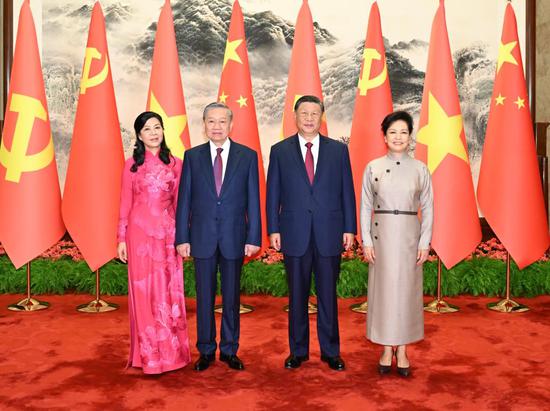
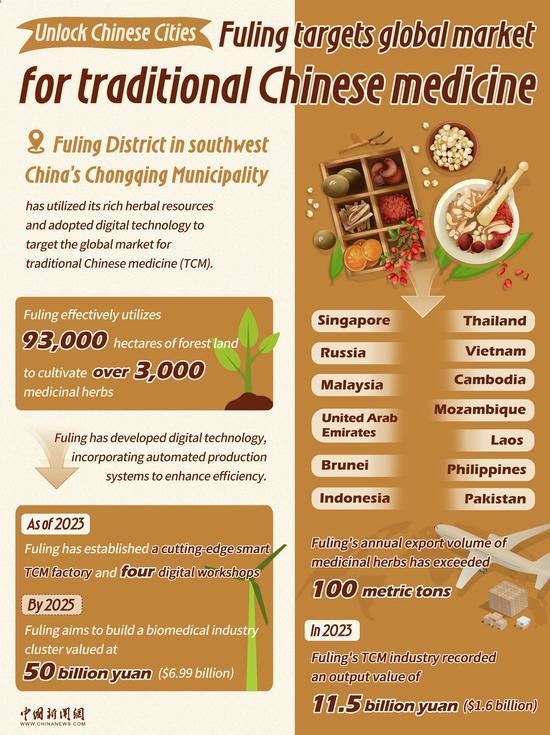
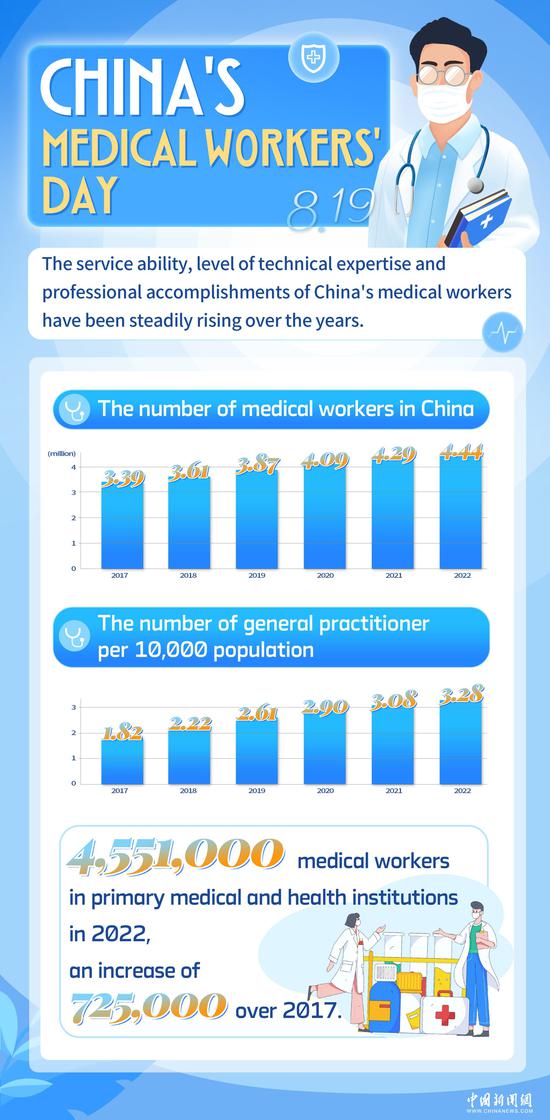
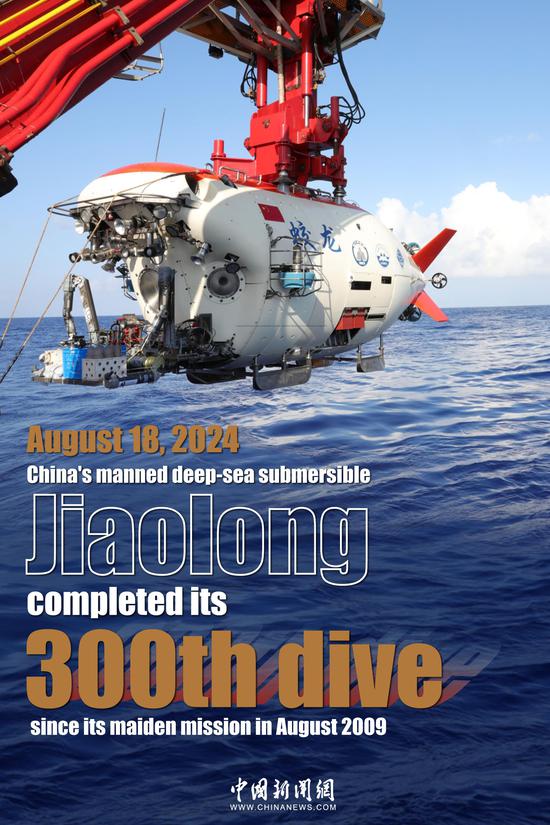




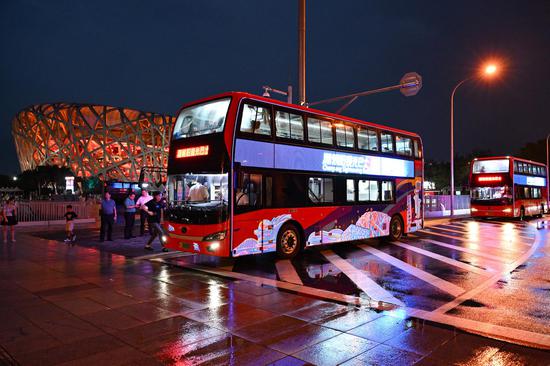





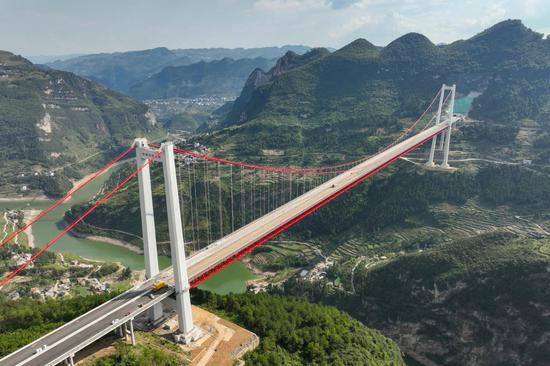
















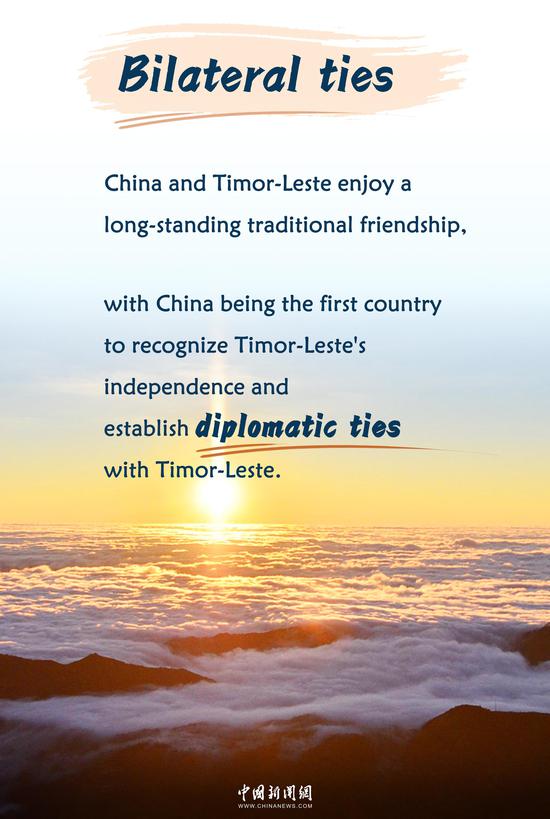
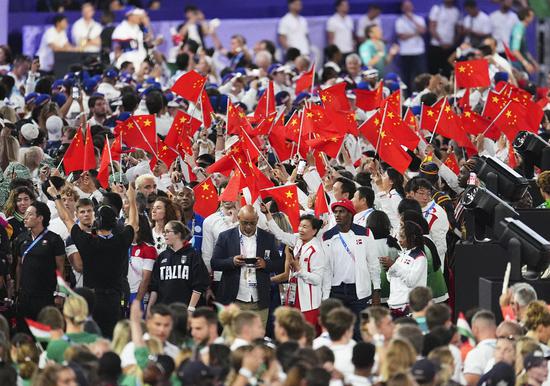









 京公網安備 11010202009201號
京公網安備 11010202009201號